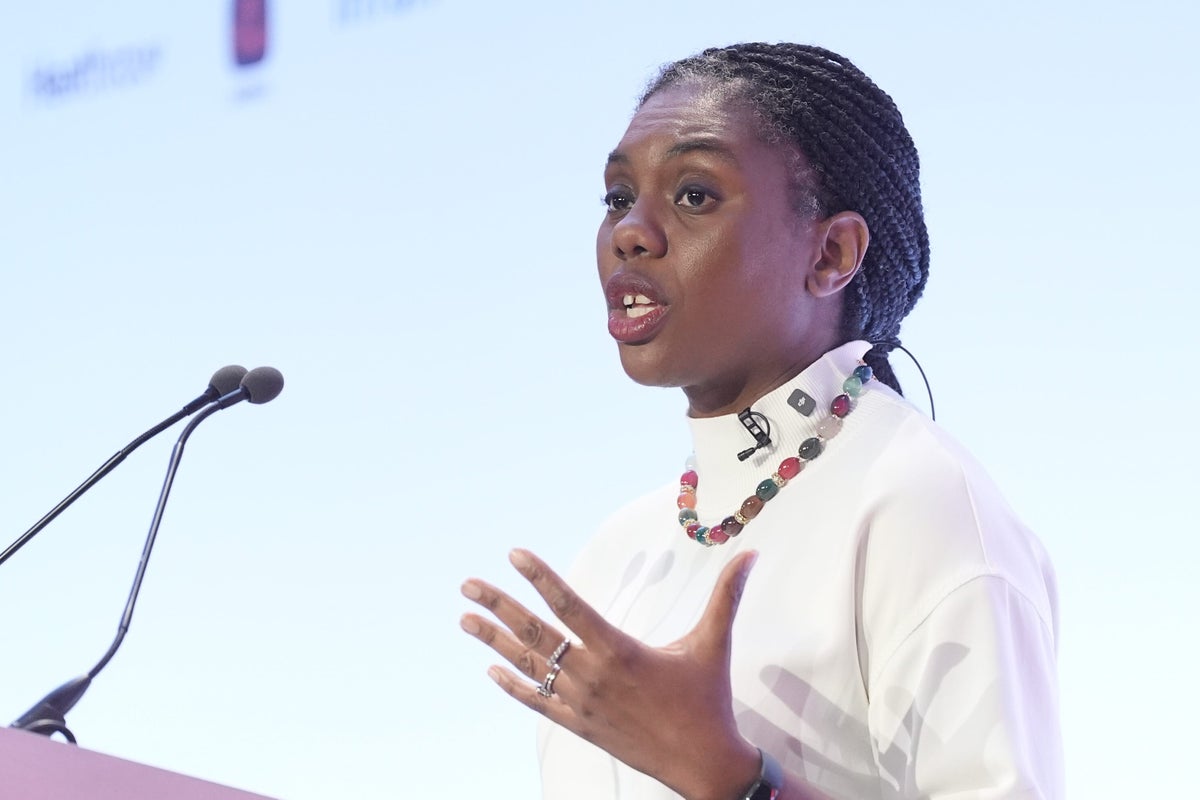
The Conservatives will try to change the Government’s welfare Bill to tighten up access to personal independence payments (Pip) and universal credit.
Kemi Badenoch will pledge that the Tories are “now the only party committed to serious welfare reform” after Prime Minister Sir Keir Starmer shelved plans to restrict eligibility for Pip in the face of a backbench revolt this week.
Ministers have warned there will be costs to their backtracking on the plans, as Downing Street and the Treasury will be looking to cover the spending shortfall left by the decision.
The Tories will look to lay amendments to the legislation – set to be renamed the Universal Credit Bill – and party leader Mrs Badenoch is due to deliver a speech on welfare on Thursday.
Among the amendments the Conservatives will propose is a requirement for eligibility for Pip to be determined by a face-to-face meeting, rather than virtually.
As part of the Government’s reforms, the Department for Work and Pensions has proposed a new “severe conditions criteria” for universal credit.
Claimants in this category will be entitled to a higher rate of the benefit, and will not be routinely reassessed to receive money.
Another of the Conservatives’ amendments would prevent somebody from being classed as having a severe condition for the purpose of universal credit only by having anxiety, mild depression, or ADHD.
The third amendment would block the increase in universal credit and restrict Pip for some people who are not British citizens.
In her welfare speech, Mrs Badenoch is expected to say that the Conservatives are “the only party that is prepared to take the tough decisions to get spending under control”.
“I have no doubt that, emboldened by their success in forcing Starmer to U-turn last week, Labour’s backbench MPs will now be eyeing up more concessions,” she will say.
The original welfare proposals had been part of a package that ministers expected would save up to £5 billion a year, and economists are now warning that tax rises are likely to plug the gap left by the concessions to rebels.
On Friday, Chancellor Rachel Reeves admitted that the fallout over the Government’s welfare Bill had been “damaging” and did not rule out tax rises in the autumn budget.
It came after images of the Chancellor crying during Prime Minister’s Questions on Wednesday spooked the financial markets and led to questions about her future, although a spokesman said she was upset by a personal matter.
In an interview with The Guardian, Ms Reeves said it would be “irresponsible” to rule out the idea of tax rises and warned “there are costs to what happened” with the welfare Bill.
The Sunday Times reported that the two-child benefit cap could be unlikely to be scrapped – as many Labour backbenchers want – as ministers look to balance the finances.
